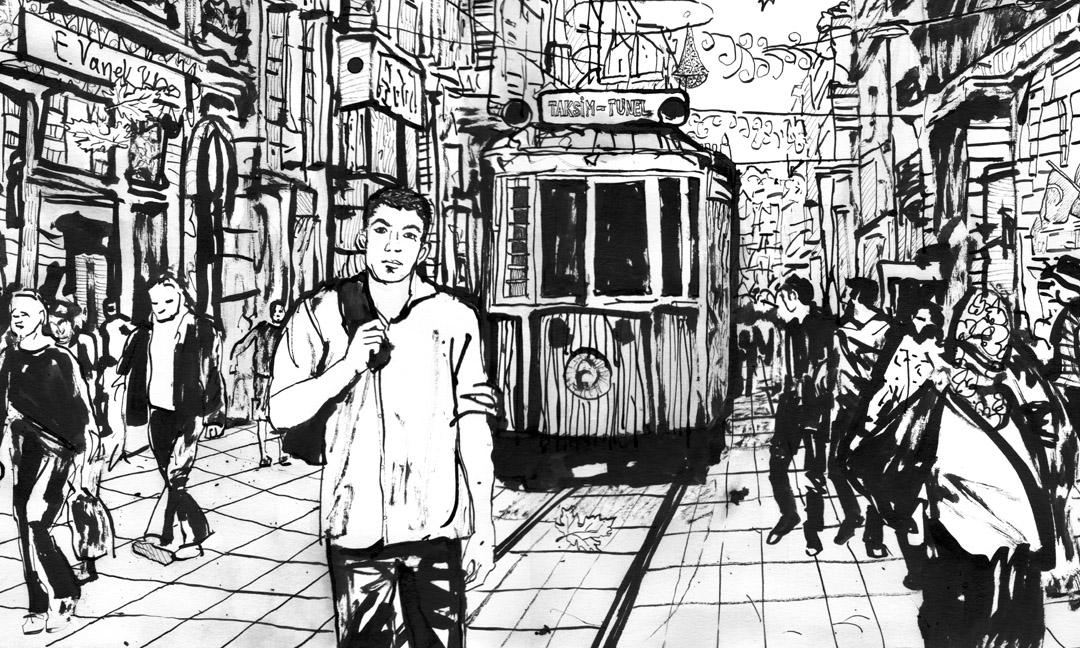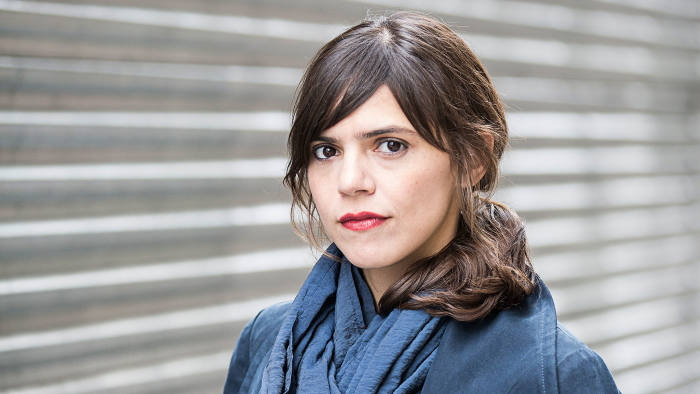11-14 January 2021, Online / University of Helsinki
Registration is open 26 October to 4 December 2020
Colonial/Racial Histories, National Narratives and Transnational Migration
The Nordic countries have for long perceived themselves as outsiders to colonialism, embracing narratives of the progressive, equality pursuing and human rights defending nation-states that stand out in international comparison (e.g. de los Reyes, Molina & Mulinari 2002; Keskinen et al. 2009; Loftsdóttir & Jensen 2012; Sawyer & Habel 2014). This ‘Nordic exceptionalism’ can be understood as a form of ‘white innocence’ (Wekker 2016), building on willful ignorance of the Nordic countries’ active participation in colonial projects both overseas and in the Arctic region. Neither have the dominant national narratives included histories of racial classification and knowledge production within the region, in which the indigenous people and national minorities were categorized on the lower levels of hierarchy and subjected to intense scrutiny (e.g. Öhman 2015; Lehtola 2012). Modern nation-state formation was built on assimilation and repression of the communities, histories and knowledges that were considered to be at odds with the homogeneous nation. Likewise, migration scholars have generally dismissed the role of Nordic colonial/racial histories when investigating the post-1960s transnational migration, a large part of which originates in the former European colonies in Latin America, Africa, Asia and the Pacific.
This conference aims to provide a platform for discussions in which the colonial/racial past and present (coloniality) are seen as relevant for how diasporic communities, racialized minorities and Indigenous Peoples are encountered and acted upon in the Nordic societies, as well as how these communities resist, question, resurgence, organize themselves and seek for alternative horizons beyond hierarchies. Racial categorisations and structured inequalities characterize the Nordic societies in multiple ways, but are they addressed adequately by migration scholars? How would the national narratives and the politics of solidarity look like, if colonial/racial past and present was taken seriously? Can national narratives be rewritten in a way that incorporates transnational processes and global power relations, or should we rather abandon the aim of (re)writing national narratives and seek to develop more multilayered perspectives, with focus on local/regional/global for example? What is the role of arts in rewriting narratives of belonging, community and history? How do colonial/racial histories and currents order and shape migration policies, bordering practices and ‘acts of citizenship’ (Isin & Nielsen 2008)?
See the full programme here.



